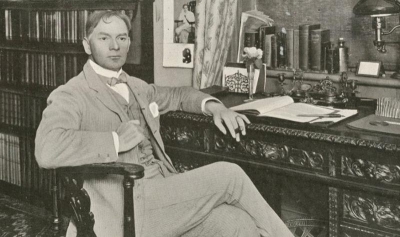Akosua Agyapong
Deconstructing the Legacy of Akosua Agyapong: A Critical Appraisal
In the pantheon of Ghanaian music, few names carry as much weight as Akosua Agyapong. Her contributions to the industry are undeniable, but beneath the surface of her glittering career lies a complex tapestry of controversies and contradictions. In this critical examination, we delve into the nuances of Agyapong's legacy and challenge the conventional narratives that surround her.
Artistry vs. Authenticity:
At the heart of Agyapong's legacy lies a fundamental tension between her artistic prowess and the authenticity of her persona. While she has undoubtedly produced a catalog of timeless hits that have captivated audiences for decades, questions linger about the sincerity of her artistic expression.
Critics argue that Agyapong's music often veers into the realm of commercialism, sacrificing substance for mass appeal. In an industry increasingly dominated by manufactured personas and formulaic pop tunes, they contend that Agyapong's authenticity as an artist has been compromised in favor of marketability.
Ethical Considerations:
Beyond her music, Agyapong's legacy is also tarnished by allegations of ethical misconduct. Throughout her career, she has been embroiled in numerous scandals, ranging from accusations of copyright infringement to disputes over royalty payments.
While Agyapong has vehemently denied any wrongdoing, the shadow of controversy continues to loom over her reputation. In an industry built on trust and integrity, these allegations raise troubling questions about Agyapong's character and the ethical standards to which she holds herself.
Legacy and Influence:
Despite the controversies that surround her, there is no denying the impact that Akosua Agyapong has had on the Ghanaian music scene. Her pioneering efforts to blend traditional Ghanaian sounds with contemporary influences have paved the way for a new generation of artists to explore their cultural heritage in innovative ways.
However, it is essential to critically examine Agyapong's legacy and acknowledge the complexities that lie beneath the surface. While she may be celebrated as a musical icon, her career is also marked by contradictions and controversies that cannot be ignored.
In conclusion, Akosua Agyapong's legacy is a complex and multifaceted one that defies easy categorization. While she has undoubtedly made significant contributions to Ghanaian music, her career is also marked by controversies and ethical concerns that raise troubling questions about her integrity as an artist.
As we reflect on Agyapong's legacy, let us resist the temptation to romanticize her achievements and instead engage in a critical dialogue about the complexities of her career. Only by acknowledging the nuances of her legacy can we truly appreciate the impact that Akosua Agyapong has had on the Ghanaian music scene and the broader cultural landscape.

 Такова жизнь... Лучшее от Джерома К. Джерома
Такова жизнь... Лучшее от Джерома К. Джерома
 Курский губернатор запретил мигрантам работать таксистами
Курский губернатор запретил мигрантам работать таксистами
 Комбинезон — база летнего гардероба: вот 5 идей, как его носить
Комбинезон — база летнего гардероба: вот 5 идей, как его носить
 В Приморье продолжается расследование крупного уголовного дела, в которое вовлечены функционеры «Восточной верфи»
В Приморье продолжается расследование крупного уголовного дела, в которое вовлечены функционеры «Восточной верфи»
